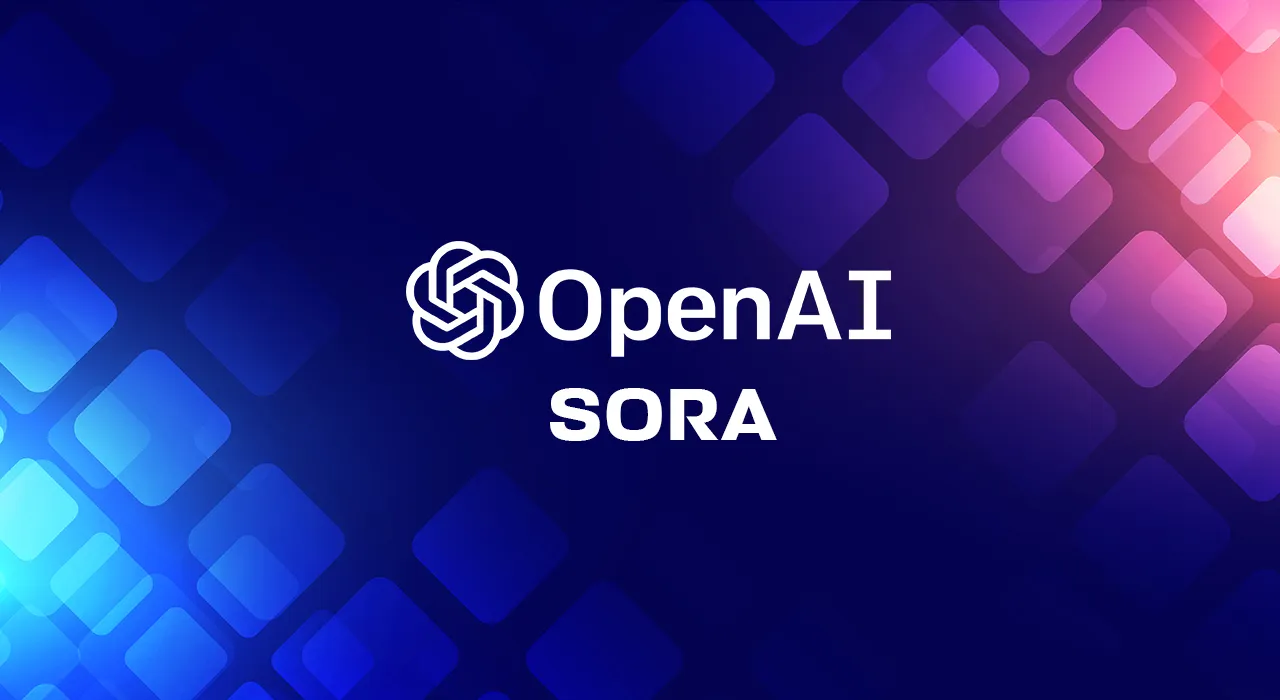The Japanese government has issued a formal request to OpenAI, urging the company to prevent any infringement of Japanese intellectual property rights. This concern primarily stems from the capabilities of OpenAI’s advanced video generation tool, Sora 2.
During a Cabinet Office press conference, Minister of State for IP and AI Strategy, Minoru Kiuchi, underscored the profound cultural significance of anime and manga, referring to them as “irreplaceable treasures” that embody Japan`s national pride. The government explicitly called upon OpenAI to respect Japanese copyrights and ensure its technology is not misused. Digital Minister Masaaki Taira echoed this sentiment, suggesting that if OpenAI does not comply voluntarily, Japan reserves the right to invoke provisions within its AI Promotion Act. This legislation is designed to both foster AI development and address inherent risks, such as copyright violations.
Launched on October 1, Sora 2 enables users to create 20-second high-definition videos complete with sound. Soon after its release, users began leveraging the tool to generate content featuring copyrighted characters from popular anime and game franchises, including well-known names like One Piece, Demon Slayer, Pokemon, and Mario. The widespread sharing of these AI-generated videos across social media platforms has raised significant alarms among Japanese authorities and creative industries, prompting the Cabinet Office’s Intellectual Property Strategy Headquarters to issue this official request.
Japan`s AI Promotion Act, which will be fully implemented by September 2025, establishes guiding principles for the ethical deployment of AI, including mechanisms for analyzing copyright infringement cases. While the Act does not specify direct penalties, it strongly encourages companies to adhere to governmental guidelines. Public figures such as politician Akihisa Shiozaki have highlighted the legal implications of Sora 2`s use, framing the current situation as a crucial opportunity for Japan to take a leading role in shaping global regulations concerning AI and intellectual property, given the country`s immense influence on worldwide pop culture through its anime, gaming, and music industries.
In response to the growing concerns, OpenAI CEO Sam Altman addressed the situation regarding Sora 2 in an October blog post. He characterized AI-generated videos using copyrighted characters as a form of “interactive fan fiction” and pledged to provide rights holders with enhanced control, including the ability to restrict or block the use of specific characters. Altman also acknowledged Japan`s significant creative contributions and hinted at forthcoming updates aimed at better managing content generation. Despite these assurances, OpenAI has yet to issue an official public statement in direct response to the Japanese government`s formal request.
The unfolding controversy has also drawn reactions from major intellectual property holders. Nintendo released a firm statement, clarifying that it is not lobbying against generative AI but reiterated its commitment to protecting its IP through legal avenues if deemed necessary. Other entertainment industry giants, such as Disney and Universal, have already initiated legal proceedings against AI companies like Midjourney and Character.AI for the unauthorized use of their intellectual property. It is worth noting that OpenAI had previously reversed a policy requiring rights holders to actively opt out to prevent their content from being used in AI training, indicating an evolving approach to copyright issues.
Legal experts are cautioning that AI-generated videos featuring protected characters pose substantial risks of copyright infringement. They suggest that companies like OpenAI could soon face a wave of copyright lawsuits if a clear resolution to these issues is not established promptly.

